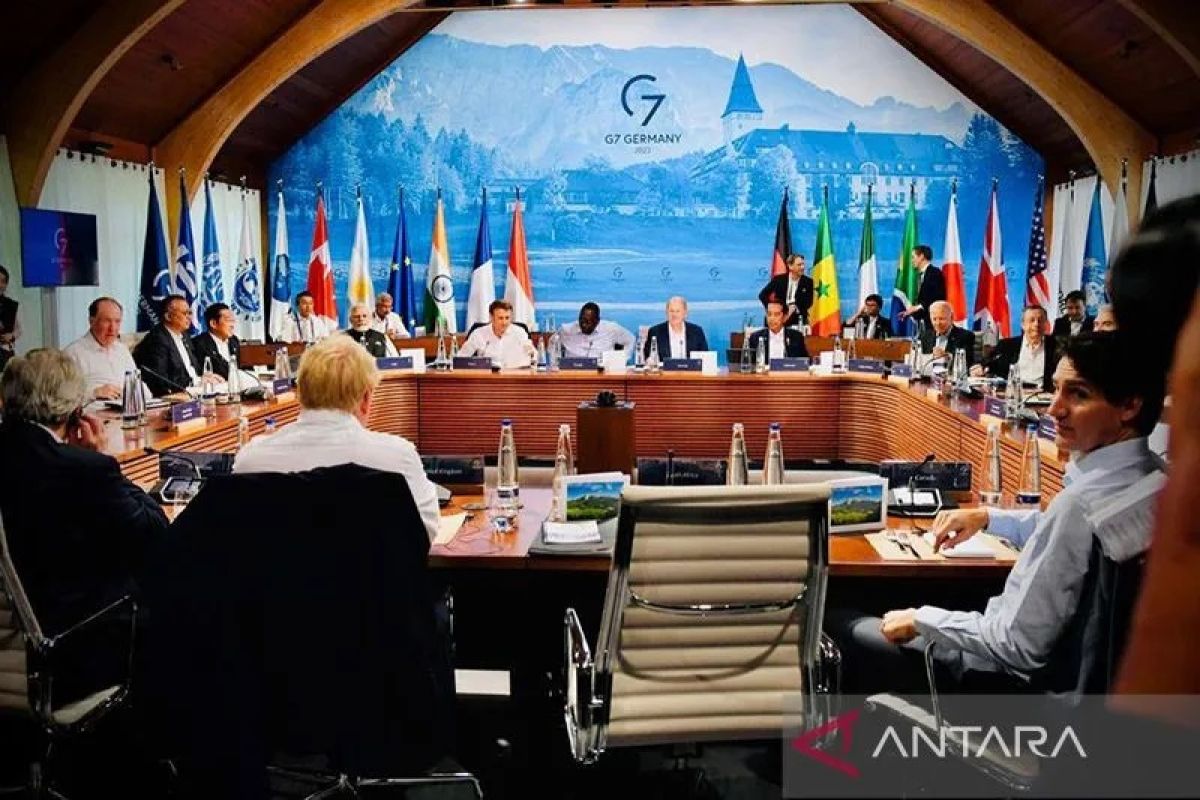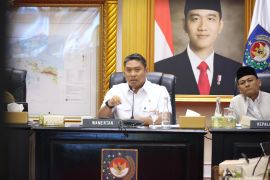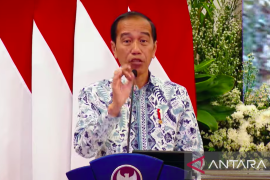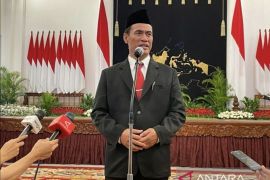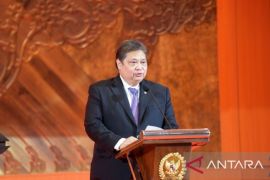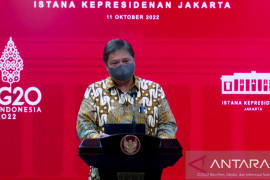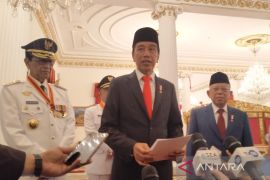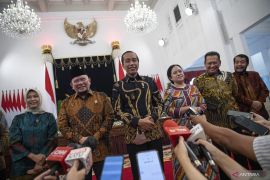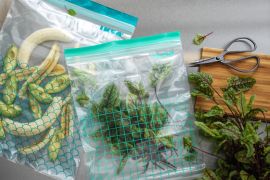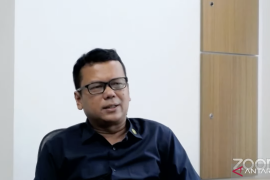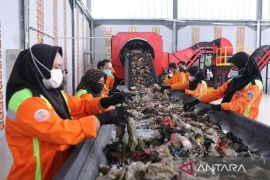According to the World Food Program, 323 million people in 2022 are at risk of acute food insecurity. The G7 and G20 have a big responsibility to overcome this food crisisJakarta (ANTARA) - In the last week of June 2022, President Joko Widodo (Jokowi) visited several countries in Europe and the United Arab Emirates to meet leaders of G7 and G20 members, including conflict-stricken nations, Russia and Ukraine.
Jokowi’s working visit to attend the G7 Summit in Germany was also accompanied by bilateral meetings with several state leaders to discuss numerous topics. In each of these bilateral meetings, Jokowi discussed Indonesia’s Presidency in G20.
He also emphasized to G7 and G20 countries to call for joint efforts in overcoming the food crisis that currently threatens people in developing countries to fall into extreme hunger and poverty.
During the working trip, Jokowi paid a visit to Ukraine to meet with President Volodymyr Zelenskyy and visited Russia to meet President Vladimir Putin as well. Jokowi conducted a peace mission with his keenness to broker communication between the two feuding countries.
The purpose of Jokowi’s visit to the two conflicting countries was to suggest peace and also help to ensure active re-entry of food, fertilizer, and energy supply chains into the global market since the two countries had an important influence on the world's supply chain.
Related news: The importance of G20 leaders' attention to civil society issues
To this end, Indonesia played an important role since the country was holding the G20 Presidency from December 2021. The country would end its presidency at the G20 Summit in November 2022 in Bali. Indonesia brought up three main topics during its presidency: the World Health System, Economic and Digital Transformation, and the Energy Transition.
One of the Working Groups in the G20 Presidency is the Agriculture Working Group on Agriculture (AWG). In the G20 AWG, the three priority issues discussed were building a resilient and sustainable food and agriculture system; promoting an open, fair, predictable, and transparent food trade; and encouraging innovative agricultural businesses through agriculture digital technology to improve agricultural life in rural areas.
Minister of Agriculture Syahrul Yasin Limpo stated that each G20 member country needed a commitment to ensure a balance of food supply and food trade to meet global food needs.
"We hope that agriculture ministers in G20 countries can agree on a shared commitment to ensure a balance of guaranteed national food supplies from domestic agricultural production sources and guarantee the smooth running of food and agriculture trade across national borders to ensure food sufficiency for all of us," Limpo stated.
The current food crisis, marked by the increase in almost all food commodity prices globally, would have an impact on limited access for the poor, which will lead to starvation.
Related news: G20 leaders should act on issues impacting people's lives: C20
The food crisis did not just occur in a day but was a combination of events that took place globally and had an impact on the food system.
Climate change is one of the main issues that greatly impact and affect the world's food production and security. The bushfires that occurred in Australia had an impact on meat production, considering that the country is one of the world's largest meat producers.
Droughts that occurred in South America, such as in Brazil, Argentina, and Paraguay, as producers of 50 percent of the world's soybeans, caused a decline in the world soybean production that had an impact on the production of tofu and tempeh in Indonesia.
In Indonesia itself, a high likelihood of above-normal rainfall in the middle of the year has an impact on horticultural products, such as chili and onions, thereby causing the prices to spike.
The COVID-19 pandemic that had struck since 2020 also had an impact on the world's logistics system that increased the prices of food commodities due to rising international shipping costs.
The increase in natural gas prices also contributed to the rise in food prices since gas, as a raw material for fertilizers, contributed to the increasing global fertilizer prices. In addition, the conflict between Ukraine and Russia, as the world's largest wheat and fertilizer producers, has increasingly affected the prices of food and fertilizer commodities.
Moreover, policies from several countries to stop exporting several important commodities to meet their domestic needs first contributed to an increase in the world's food commodity prices.
Hence, Jokowi strongly emphasized the importance of joint efforts in overcoming the food crisis to the G7 and G20 country leaders.
Related news: Partnership for financial inclusion is important G20 agenda: Minister
“According to the World Food Program, 323 million people in 2022 are at risk of acute food insecurity. The G7 and G20 have a big responsibility to overcome this food crisis,” he stated.
The president urged countries to act quickly to find concrete solutions to increase food production and to normalize global food and fertilizer supply chains.
Director of the Center of Economic and Law Studies (Celios) Bhima Yudhistira also stated that G20 member countries must agree to not implement food commodity protection policies to prevent the global food crisis from worsening further.
The G20 countries must immediately channel funding for increasing food production by providing fertilizer subsidies, assisting farmers, and maintaining stable harvest prices, as well as increasing loan distribution to the agricultural sector, especially farmers with land areas under two hectares.
"G20 countries need to agree not to do food protectionism and open themselves to food cooperation, especially with poor countries," he stated.
Related news: G20: Delegations from 14 nations to join 2nd TIIWG meeting
Related news: G20 research collaboration vital for boosting pandemic handling: BRIN
Editor: Fardah Assegaf
Copyright © ANTARA 2022
